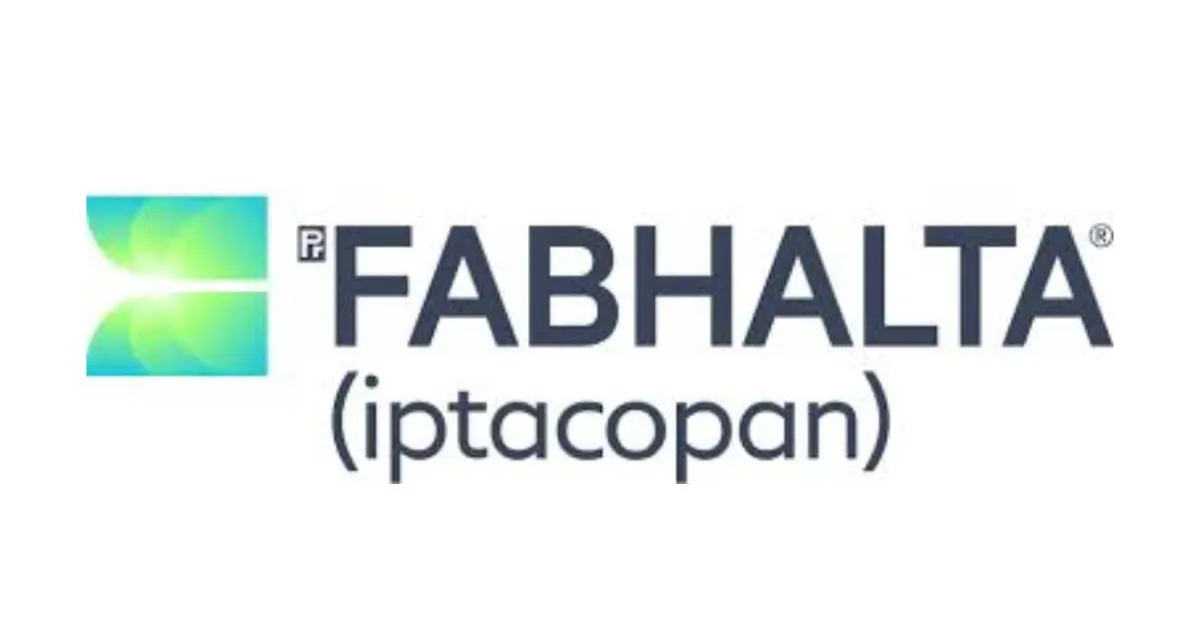Novartis announced promising results from its Phase IIIB APPULSE-PNH study, evaluating the twice-daily oral monotherapy Fabhalta® (iptacopan) in adults with paroxysmal nocturnal hemoglobinuria (PNH). The study targeted patients with baseline hemoglobin (Hb) levels of ≥10 g/dL who switched from standard anti-C5 therapies, such as eculizumab or ravulizumab. After 24 weeks of treatment, patients experienced a statistically significant and clinically meaningful average increase in Hb levels of 2.01 g/dL, with most reaching normal or near-normal hemoglobin levels. These findings will be presented at the 2025 European Hematology Association (EHA) Congress.
Paroxysmal nocturnal hemoglobinuria (PNH) is a rare and chronic blood disorder caused by an acquired mutation in hematopoietic stem cells, leading to the production of red blood cells (RBCs) that are highly susceptible to destruction by the complement system. This results in both intravascular and extravascular hemolysis, causing severe anemia, fatigue, thrombosis, and other debilitating symptoms. PNH affects an estimated 10 to 20 people per million globally, and is most commonly diagnosed in individuals aged 30 to 40.
The APPULSE-PNH trial marks an important expansion of the clinical evidence for Fabhalta by including patients with higher baseline hemoglobin levels than those enrolled in earlier Phase III studies. Importantly, no patients in the trial required blood transfusions, experienced breakthrough hemolysis (BTH), or suffered major adverse vascular events during the treatment period.
In addition to hematological improvements, patients also reported meaningful reductions in fatigue—a key symptom of PNH. By Day 84, patients showed a 4.88-point improvement on the FACIT-Fatigue scale, which was sustained at 4.29 points through Day 168. These fatigue scores approached levels commonly seen in the general population.
“Today, some patients living with PNH have unmet needs not addressed by eculizumab or ravulizumab,” said Dr. Austin Kulasekararaj, Consultant Hematologist at Kings College Hospital and Kings College London. “The positive results from APPULSE-PNH reinforce that Fabhalta can provide clinically meaningful improvements in hemoglobin among patients with higher baseline hemoglobin levels than those enrolled in previous trials, while offering an oral monotherapy for patients.”
Further clinical markers also supported Fabhalta’s efficacy. The majority of patients (92.7%) achieved Hb ≥12 g/dL, and laboratory indicators such as lactate dehydrogenase and absolute reticulocyte count confirmed both intravascular and extravascular hemolysis control.
“Novartis is dedicated to advancing research and innovation that can transform care and significantly improve the lives of people living with PNH and those who support them,” said Dr. Shreeram Aradhye, President, Development and Chief Medical Officer at Novartis. “The new data from APPULSE-PNH, combined with results from the Phase III roll-over extension of the APPLY-PNH and APPOINT-PNH studies, reinforce the robust safety and efficacy profile of Fabhalta. It remains the first and only oral monotherapy available for adults with PNH, regardless of their previous treatment experience.”
Alongside APPULSE-PNH, Novartis will also present extended follow-up data from the APPLY-PNH and APPOINT-PNH trials. Across all studies, Fabhalta was well tolerated, with no new safety signals, aligning with prior findings.
Despite current anti-C5 therapies such as eculizumab and ravulizumab, many patients remain anemic or dependent on blood transfusions. These treatments also require time-intensive intravenous infusions every 2–8 weeks, highlighting the need for more convenient and effective alternatives—an area in which Fabhalta may offer a breakthrough.
With Fabhalta’s continued demonstration of safety, efficacy, and ease of administration, Novartis is paving the way toward improved quality of life for people living with PNH.














